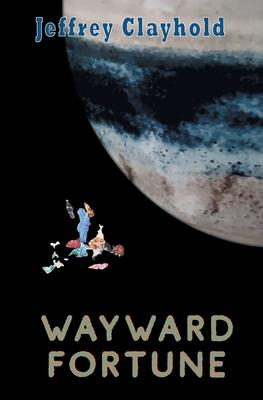Wayward Fortune began its life as a satirical short story-an imitation single chapter from somewhere in the middle of an old-timey space opera. With the original tile of "Chapter 21" and only six pages long, it had robots and gelatinoid aliens. It had space adventurers, imperial schemes, and a lost civilization. It was possible to imagine that the previous twenty chapters actually existed, tucked away somewhere. After finishing it, the author discovered a couple of things. First, if you pretend to write science fiction, you are writing science fiction. Second, if you don't make a full novel of it, friends and colleagues won't leave you alone until you do. Years later, it's still humorous in places, but now it's also gripping in others and sad at times. Wayward Fortune is the kind of book that, if you settle in to read a chapter or two, you might end up reading five.
With a title ripped straight from Shakespeare's most moving scene, and occasional borrowings from Han Dynasty history, the Arabian Nights, the life of Napoleon, and one particular old television series, Wayward Fortune presents a long story arc with multiple characters. At its core, it's the story of young people who hit out at the world before the world hits back. From its first tongue-in-cheek paragraph to the final chapter-a teaser for a nonexistent sequel-Wayward Fortune has fun with the conventions of Golden Age science fiction.
